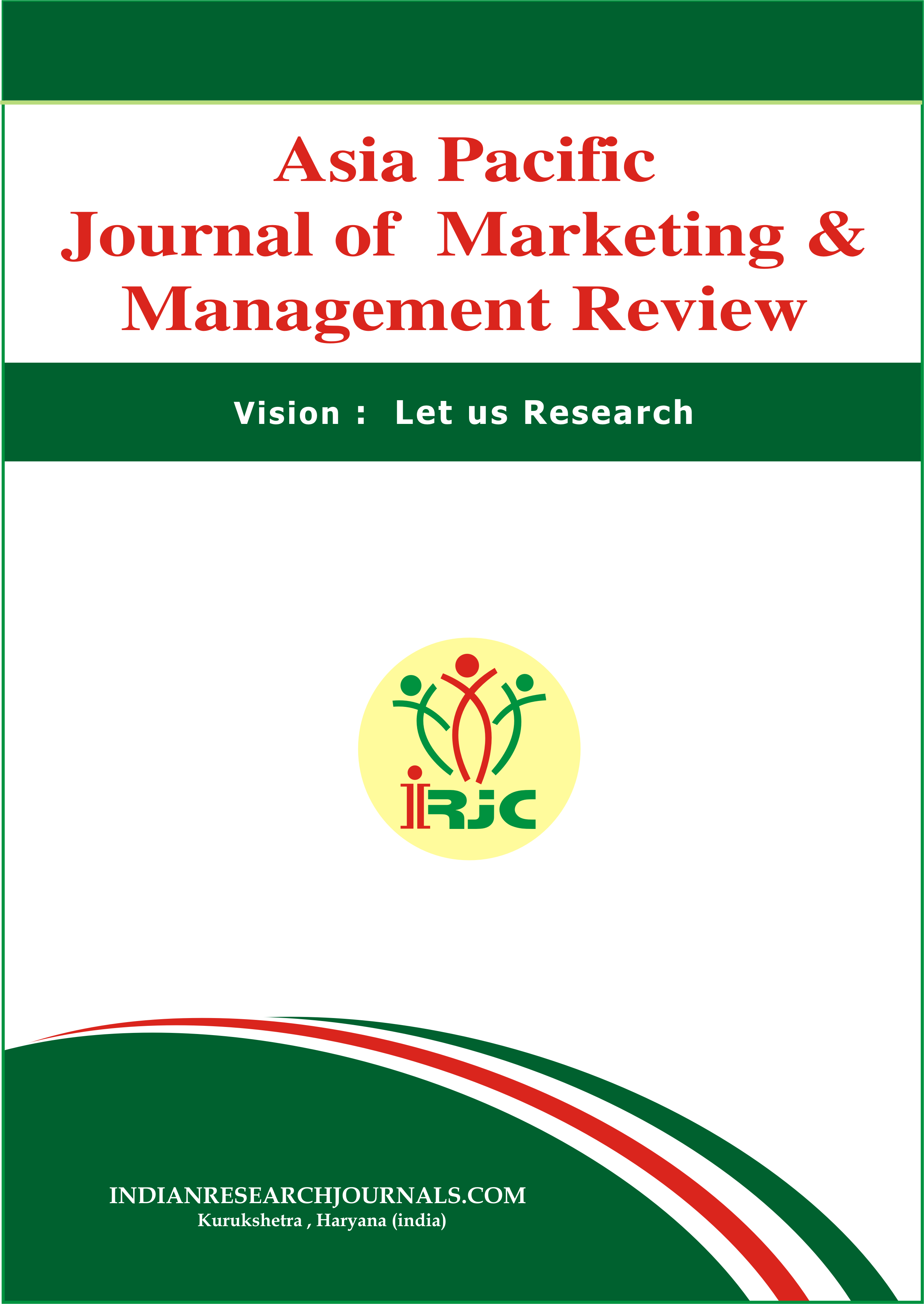THE IMPACT OF THE SHADOW ECONOMY ON MACROECONOMIC STABILITY: THE CASE OF UZBEKISTAN
Keywords:
shadow economy, macroeconomic stability, fiscal policy, inflation, informal employment, tax evasion, monetary transmission.Abstract
This paper investigates the impact of the shadow economy on macroeconomic stability in Uzbekistan. The informal sector, which constitutes over one-third of GDP, poses significant challenges to fiscal and monetary policy. Using a mixed-method approach, the study analyses statistical data and policy documents from 2010 to 2024. Regression analysis reveals a negative correlation between shadow economic activity and tax revenue, inflation control, and monetary transmission effectiveness. The findings suggest that informal transactions reduce fiscal capacity and distort official economic indicators. Despite recent reforms, informal employment and cash-based trade remain prevalent. The study highlights the need for improved tax administration, digitalisation, and financial inclusion. Reducing the shadow economy is essential for enhancing macroeconomic governance and long-term development.
References
President of the Republic of Uzbekistan. (2022). Decree No. PF–60: On the Development Strategy of New Uzbekistan for 2022–2026. Retrieved from https://lex.uz/docs/5841063
Cabinet of Ministers of the Republic of Uzbekistan. (2022). Resolution No. 149: On measures to reduce the shadow economy and increase transparency in business operations. Retrieved from https://lex.uz/docs/5893325
Schneider, F., & Buehn, A. (2018). Shadow Economies Around the World: What Did We Learn Over the Last 20 Years? IMF Working Paper No. 18/17. Washington, D.C.: International Monetary Fund. https://www.imf.org/en/Publications/WP/Issues/2018/01/25/Shadow-Economies-Around-the-World-What-Did-We-Learn-Over-the-Last-20-Years-45583
International Monetary Fund. (2023). Republic of Uzbekistan: 2023 Article IV Consultation Report. IMF Country Report No. 23/12. https://www.imf.org/en/Publications/CR/Issues/2023/03/01/Republic-of-Uzbekistan-2023-Article-IV-Consultation-Report-530821
Center for Economic Research and Reforms. (2022). Reducing Informality in Uzbekistan: Policy Priorities. Policy Brief, March 2022. Tashkent: CERR. https://review.uz/en/post/kak-sokratit-tenevuyu-ekonomiku-v-uzbekistane
Schneider, F. (2015). Size and Development of the Shadow Economy: All Countries 2003 to 2015. Linz: Johannes Kepler University.
Khidirov, A. (2019). Causes of the Shadow Economy and Measures for Its Reduction. Scientific Journal of Tashkent State University of Economics, 4(3), 112–119.
Yuldoshev, M. (2021). The Relationship Between Tax Policy and the Informal Sector: The Case of Uzbekistan. Economics and Innovation, 7(2), 88–94.
Downloads
Published
Issue
Section
License
Copyright (c) 2025 GEJournals

This work is licensed under a Creative Commons Attribution-NonCommercial-NoDerivatives 4.0 International License.





